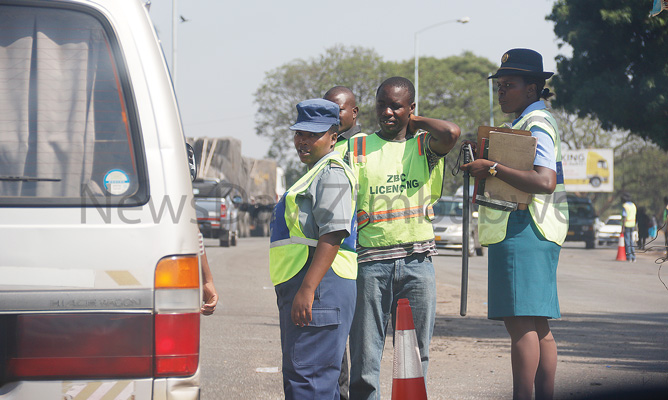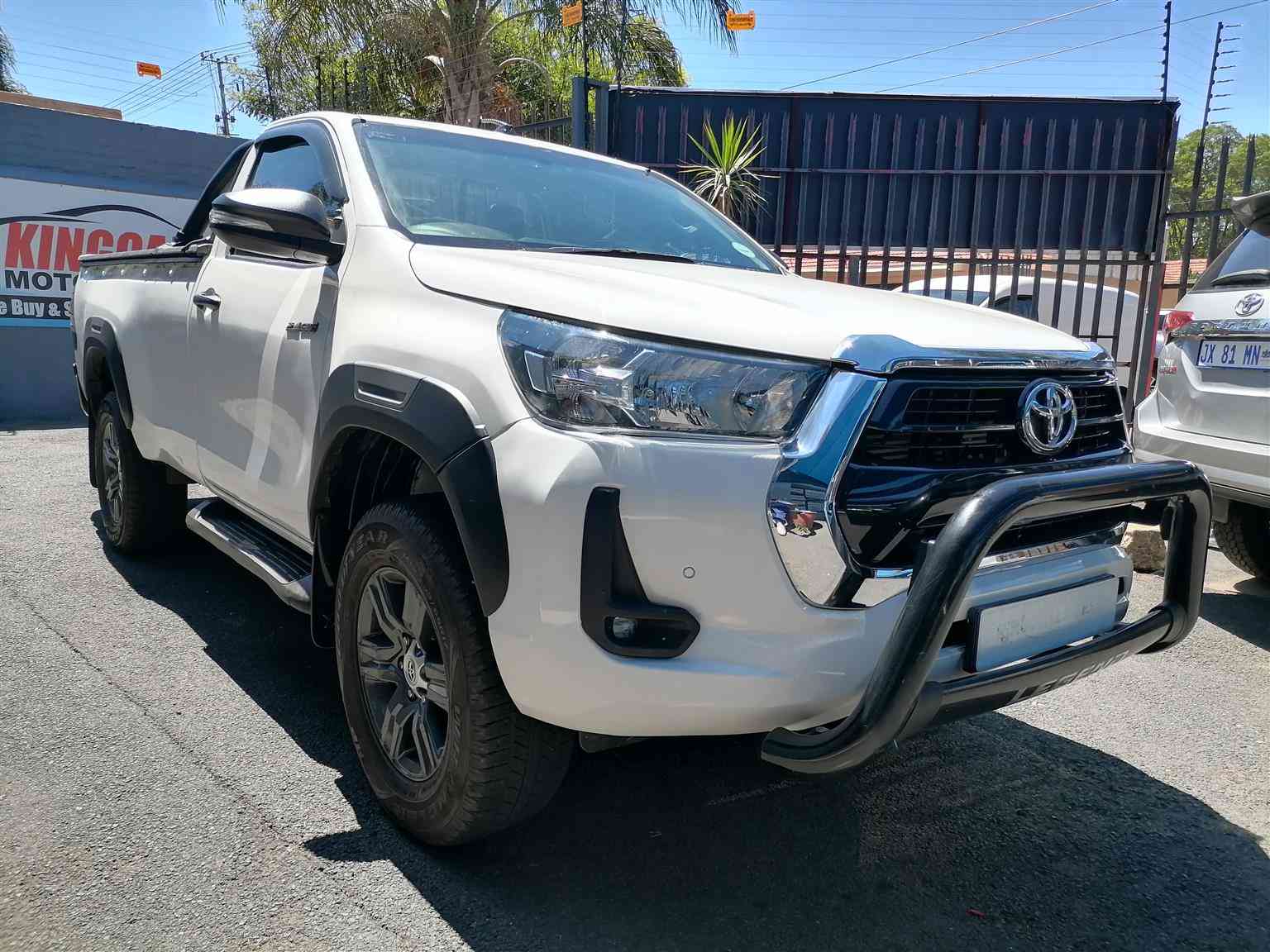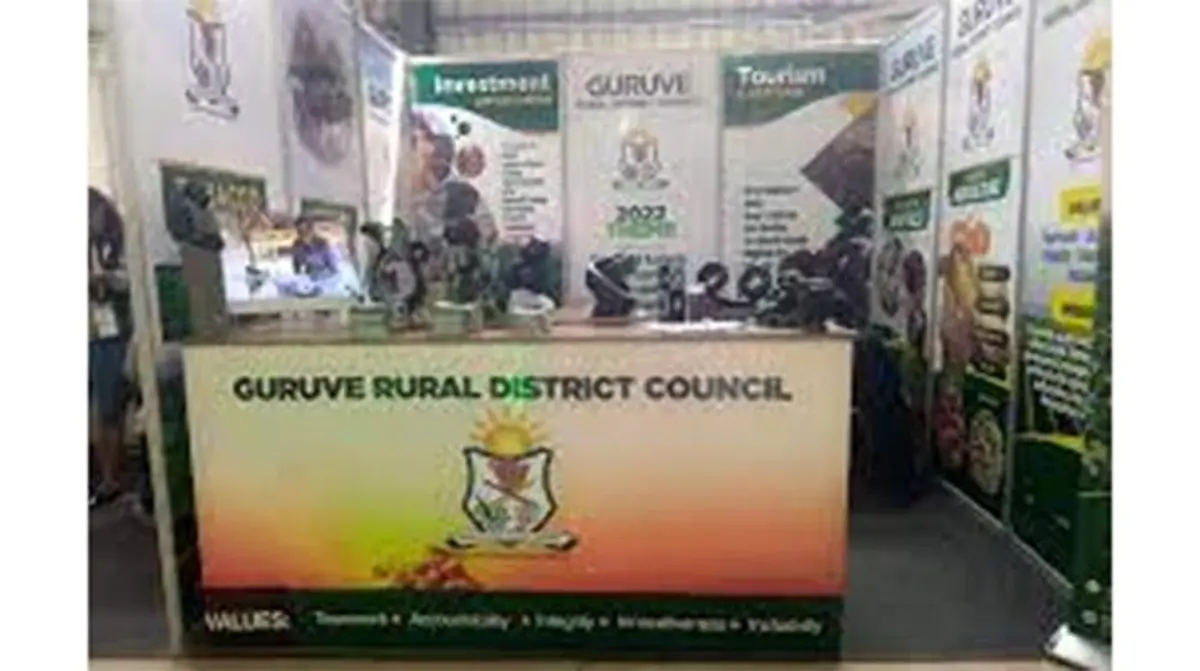
The Constitutional Court (ConCourt) yesterday delivered a landmark ruling ordering all holders of radio and television sets to pay Zimbabwe Broadcasting Corporation (ZBC) licences irrespective of the service provider one may select to use.
BY CHARLES LAITON
The court ruled that the legislature came up with the law compelling all people possessing gadgets capable of receiving radio and television signals, to pay tax.
“All persons, who have in their possession equipment capable of receiving broadcasting services, bear the obligation to pay the licence fee for possession of the gadget,” ConCourt judge, Deputy Chief Justice Luke Malaba said in his ruling.
“It would not matter for the purpose of the obligation to pay the licence fee for possession of a receiver in terms of section 38b(1) of the (Broadcasting Services) Act, that there is no signal from ZBC reaching the area, where the equipment is located or that one prefers to watch DStv programmes. Payment of tax has always been a social responsibility of the individual placed under the obligation to pay.”
Justice Malaba made the remarks in a judgment delivered in a matter involving Bernard Wekare and Musangano Lodge.
The two parties were challenging the compulsory payment of ZBC licences, arguing it was in violation of the country’s Constitution, since citizens were being forced to pay for services which the public broadcaster was not providing in their respective areas. In his 47-page judgment, concurred to by all the ConCourt judges, Justice Malaba said the provisions of the Broadcasting Services Act, which the pair was challenging, were valid.
- Chamisa under fire over US$120K donation
- Mavhunga puts DeMbare into Chibuku quarterfinals
- Pension funds bet on Cabora Bassa oilfields
- Councils defy govt fire tender directive
Keep Reading
“The obligation to pay the fee and obtain a licence for possession of a receiver is imposed by law. The imposition of the obligation in respect of possession of a receiver, the fixing and collection of the licence fee are all designed to enable the ZBC to compulsorily acquire property in the form of money from a person who possesses a receiver,” he said.
The Deputy Chief Justice said the question for determination was whether the provisions of section 38(b)(1) and (2) of the Act, for the acquisition of the licence fee compulsorily paid to ZBC or its agents, was in satisfaction of a tax within the meaning of section 16(7)(a) of the Constitution.
“There is no question that the mechanism of funding given effect to by the provision of the Act, the validity of which is challenged, is based on the public as the source of the revenue needed by the ZBC to finance its operations,” he said.
“An obligation of the same cannot be excluded from proper classification because of the name by which it is called. In other words, the fact that the fixed amount of money compulsorily payable by members of the public, who possess receivers is called a ‘licence fee’ would not alter the fact of it being a tax.”
Justice Malaba also said the fact that ZBC had in the past demanded payment of licence fees from persons, who possess television sets or radio sets only, did not mean that the provisions of the Act on what is a receiver were vague.
“In other words, the gadget does not have to be a television set or radio set. It can be a smart phone, for example, provided it is capable of receiving television or radio programmes as they are being broadcast,” the judge said.












